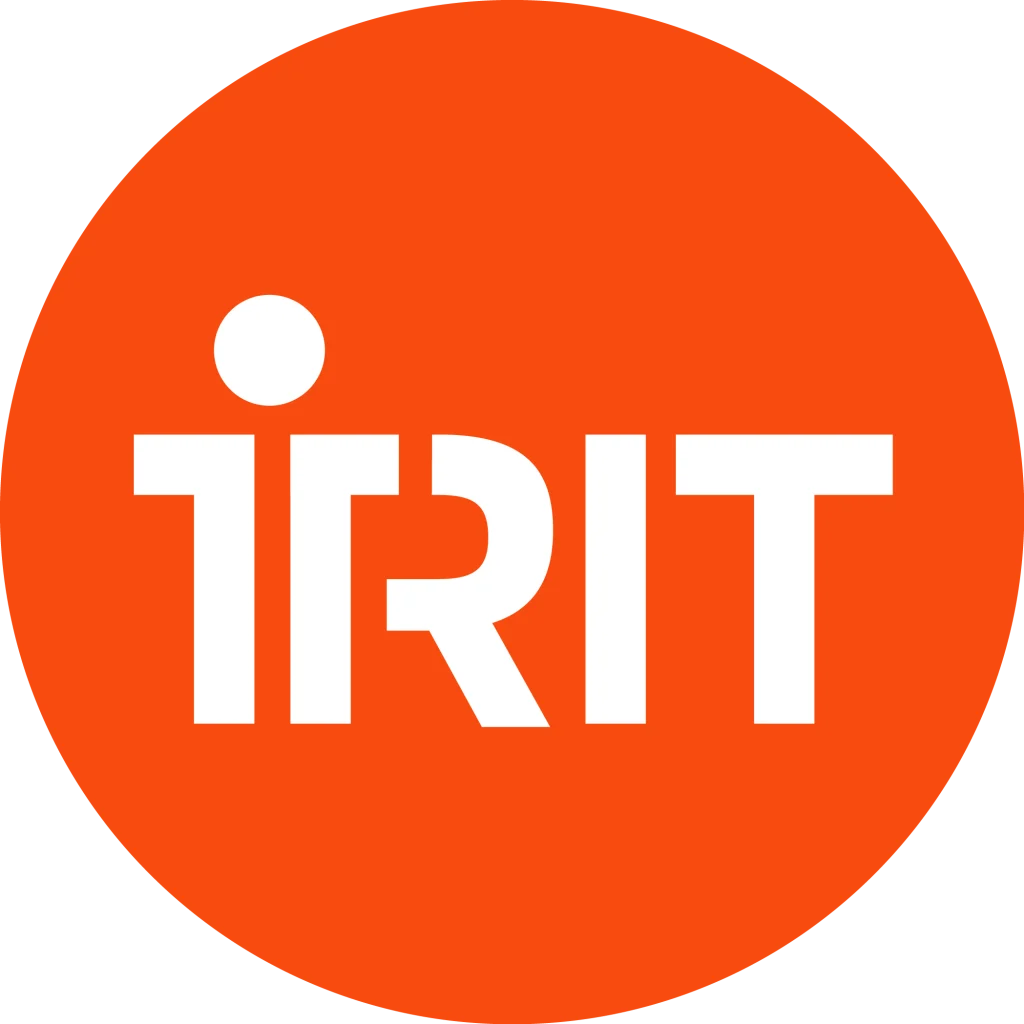Member highlight: Olivier Teste – IRIT / UT2J, Toulouse (France)
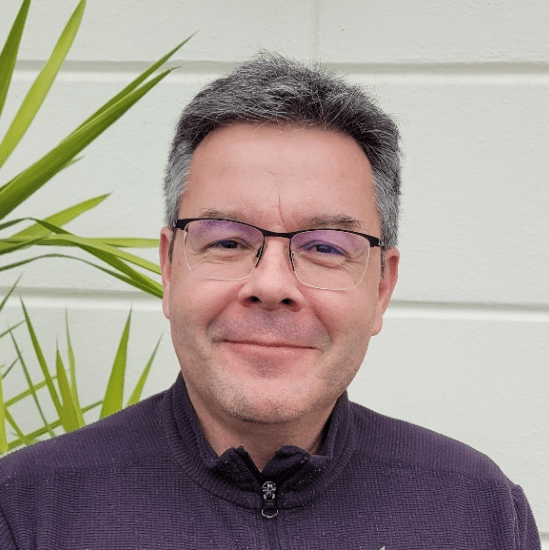
Olivier Teste is a member of the Toulouse Institute of Computer Science (IRIT), CNRS Laboratory, and Professor of Computer Science at the University of Toulouse 2. His work primarily focuses on information systems, data management, and OLAP. He has published numerous scientific articles in these fields.
Olivier Teste has contributed to research projects on multidimensional databases, on complex data warehouses and multistores querying, and has developed training programmes in this field. Olivier Teste is currently conducting active researches in the field of data-driven Artificial Intelligence and eXplainable Artificial Intelligence (XAI). His work focuses on anomaly detection and long-term prediction in multivariate time series, as well as mixed data clustering and interactive clustering.
He has evaluated several CNRS research laboratories for the HCERES (High Council for the Evaluation of Research and Higher Education in France), notably, he chaired the evaluation of the LIMICS laboratory (interdisciplinary research lab in computer science for health). Olivier Teste brought this expertise to AI4Agri project.
News
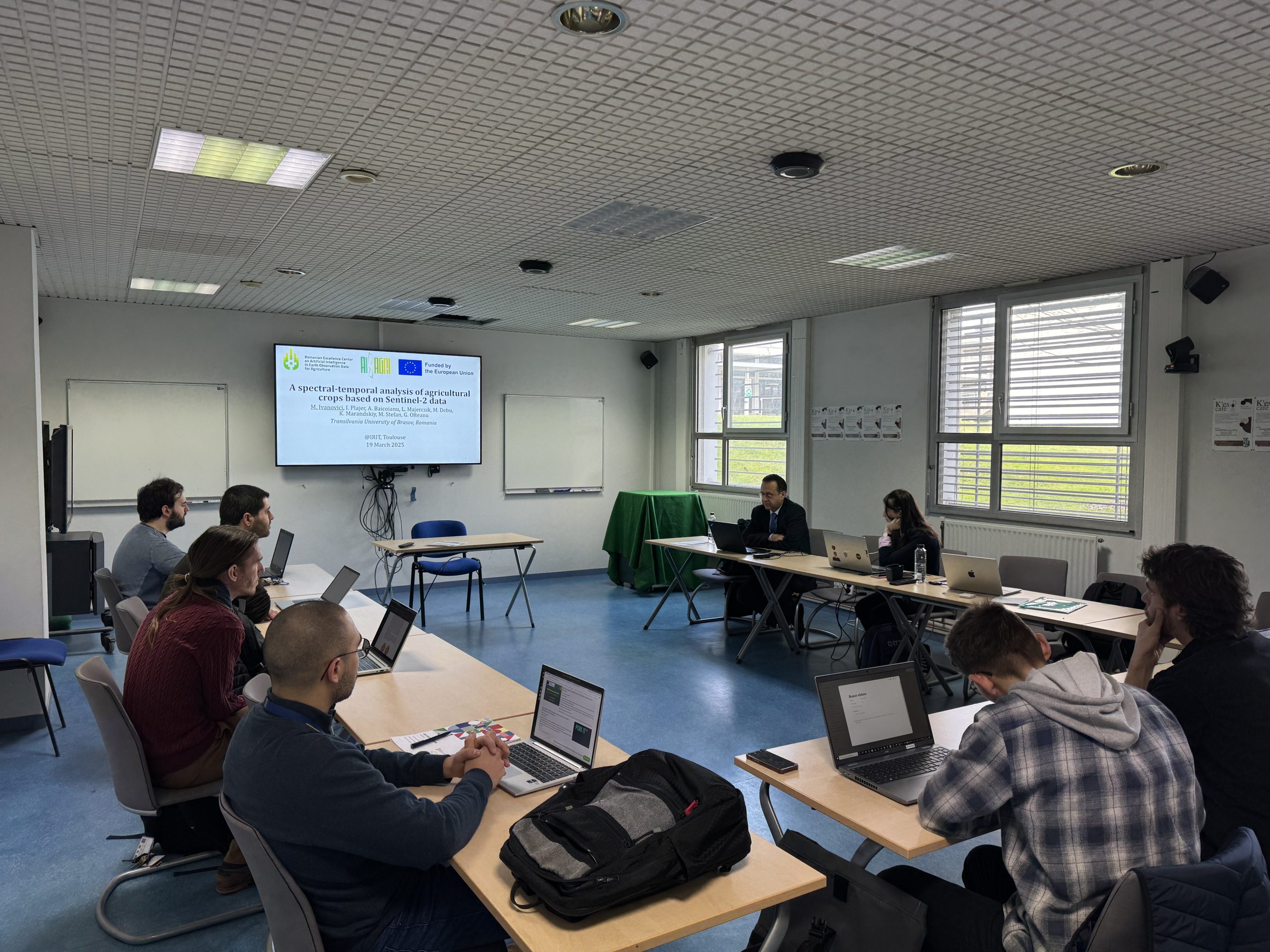
Brașov AI4AGRI members visit Toulouse University
🧑 Mihai Ivanovici (UTBV); Josiane Mothe (UT); Andreea Nițu (UTBV); Matei Debu (UTBV)
📅 Mon. 17 – Fri. 21 March 2025
📍 Toulouse University, France
As part of the AI4AGRI European project, a delegation from Transilvania University of Brașov, including Prof. Mihai Ivanovici, Ph.D. student Andreea Nițu, and M.Sc. student Matei Debu, visited the University of Toulouse from March 17 to 21, 2025. The visit aimed to strengthen research collaborations in the AI4AGRI project by engaging with faculty members, research teams, and institutional representatives. Discussions covered a range of topics, from advanced remote sensing techniques to project development strategies, further reinforcing the partnership between the two institutions.
Throughout the week, workshops facilitated knowledge exchange on key research areas, such as spectral-temporal analysis of agricultural crops, vegetation indices for precision agriculture, and AI methods for hyperspectral image classification. AI4AGRI members also participated in a Ph.D. defense rehearsal at IRIT, where Kamal Marandskiy presented his research on soil roughness estimation and hyperspectral image processing. University of Toulouse members provided feedback to improve the presentation and also to simulate the question/answering session.
A significant part of the visit focused on preparing AI4AGRI 6.0, the next phase of the project. Meetings with the Europe Unit and research administration at the University of Toulouse provided valuable insights into structuring EU research proposals and securing institutional support. Additionally, discussions on research evaluation and project management strategies helped refine the roadmap for AI4AGRI’s future, ensuring its alignment with European funding opportunities and best practices in agricultural AI research.
AI4AGRI Upcoming Events

AI4AGRI Summer School 2025: EO Big Data for Agriculture
📅 Mon. 14 – Sat. 19 July 2025
📍 Brașov, Romania
The AI4AGRI summer school is planned to take place between 14-19 July 2025 in Brasov, Romania, being hosted by the R&D Institute of Transilvania University of Brasov.
Participation to the AI4AGRI Summer School 2025 is for free and it will be face-to-face (in person). The organization and participation costs, including catering, are paid by the AI4AGRI project, however the AI4AGRI project will not cover for the travelling and other mission-related costs.
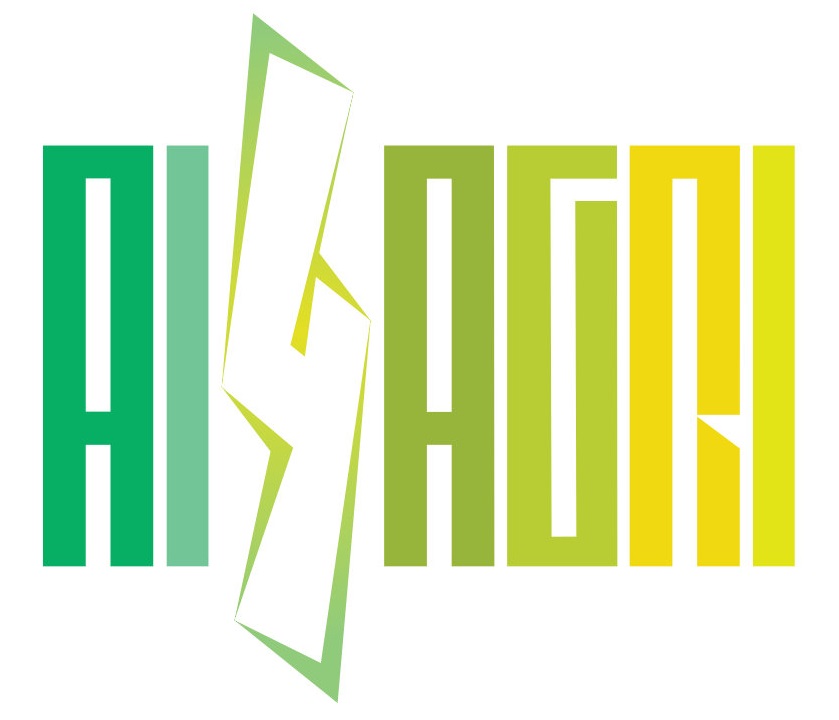
AI4AGRI Monthly meeting
📅 Mon. 21 April – 14:00 (Fr/It time) | 15:00 (Ro time)
Related Upcoming Events
TIRIS Summer School 2025: Space and Sustainability (Call for Participation)
📅 June 30 – July 11, 2025
📍 Toulouse, France
Are you a Master’s or PhD student eager to explore the intersection of space and sustainability? Join the TIRIS UNIVERSEH Summer School 2025 for a unique interdisciplinary experience in one of Europe’s leading space hubs!
This summer school offers high-quality training through lectures, hands-on workshops, expert panels, and site visits, covering three key themes:
- Environment and Sustainable Space – Use Earth Observation and space technologies to analyze climate change and environmental challenges.
- Society and Sustainable Space – Explore the ethical, geopolitical, and economic implications of New Space industries.
- Human and Sustainable Space – Take part in a challenge to design a Mars base, integrating knowledge from space science, engineering, and planetary studies.
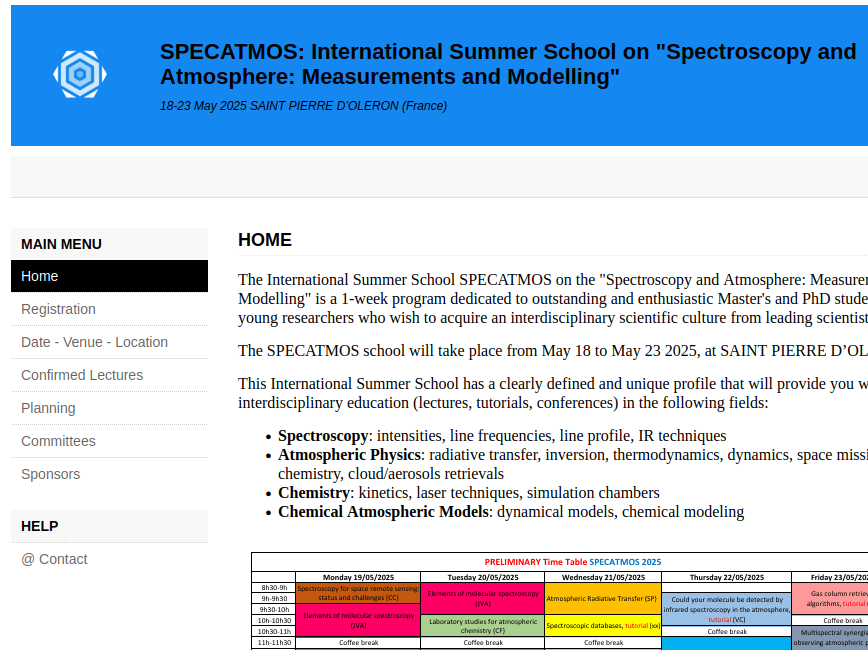
SPECATMOS Summer School 2025 (Call for participation)
📅 May 18 – 23, 2025
📍 Saint Pierre d’Oléron, France
Are you a Master’s or Ph.D. student eager to deepen your expertise in atmospheric spectroscopy and modeling? The SPECATMOS Summer School 2025 offers a unique interdisciplinary program featuring lectures, hands-on workshops, and expert discussions in an immersive learning environment.
This summer school will cover key topics such as:
- Spectroscopy – Infrared techniques, line frequencies, intensities, and line profiles.
- Atmospheric Physics – Radiative transfer, inversion techniques, thermodynamics, dynamics, and cloud/aerosol retrievals.
- Chemistry & Laser Techniques – Kinetics, simulation chambers, and laboratory methods.
- Chemical Atmospheric Models – Dynamical models and chemical simulations.
More details: SPECATMOS Summer School Website
Latest AI4AGRI Publications
AI4AGRI members are working on new publications.
Related Publications
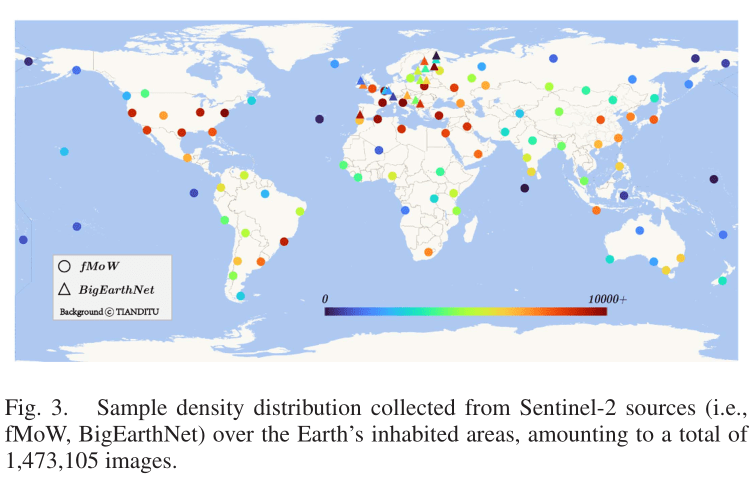
SpectralGPT: Spectral Remote Sensing Foundation Model
📅 2024
SpectralGPT is a foundation model designed for spectral remote sensing. It was trained using a self-supervised Masked Auto Encoder learning approach, allowing it to extract meaningful representations from multispectral data without requiring labeling. The training dataset includes 1’473’105 images captured by Sentinel-2 satellites which had previously been collected as part of the fMoW and BigEarthNet datasets. Foundation models like SpectralGPT enable scalable spectral analysis. With transfer learning, researchers can fine-tune SpectralGPT for specific tasks without requiring extensive labeled data.
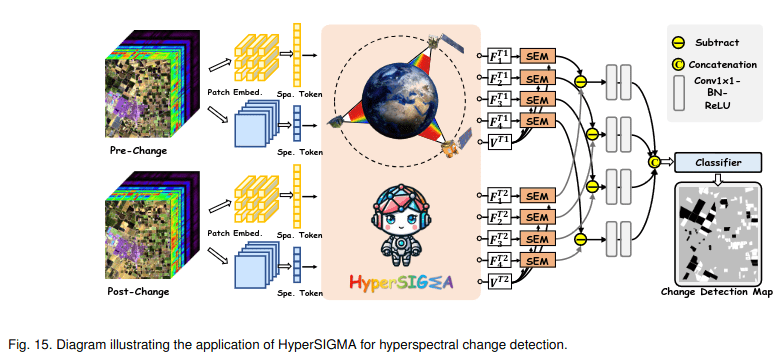
HyperSIGMA: Hyperspectral Intelligence Comprehension Foundation Model
📅 2024
HyperSIGMA is a billion-parameter foundation model designed for hyperspectral image (HSI) interpretation. It addresses the challenges of high dimensionality and redundancy in hyperspectral data through a Sparse Sampling Attention (SSA) mechanism.
Pre-trained on the HyperGlobal-450K dataset, which contains 450,000 hyperspectral images, HyperSIGMA outperforms specialized models like SpectralGPT in tasks such as image classification, anomaly detection, and spectral unmixing.
It is important to note that this article is still in preprint, and its conclusions may be subject to change as it undergoes further review and validation.
Related in AI, Agriculture and Earth Observation
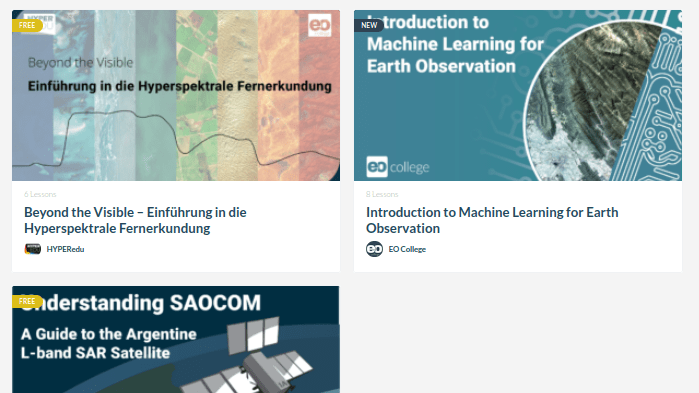
EO College: Find relevant courses for EO researchers
EO College offers a range of free online courses, that can greatly benefit AI4AGRI members, such as Introduction to Machine Learning for Earth Observation and Beyond the Visible – Imaging Spectroscopy for Agricultural Applications which provide practical knowledge on using satellite and hyperspectral data for vegetation analysis and precision farming. Additionally, Cubes & Clouds introduces cloud-native EO data analysis, enabling researchers to efficiently process large-scale remote sensing datasets.

Seeing the wood through the trees ©ESA/ATG medialab CC BY-SA 3.0 IGO
ESA’s pioneering Biomass satellite arrives at launch site
“Biomass is the first satellite to carry a P-band synthetic aperture radar, an innovative instrument capable of penetrating forest canopies to measure the woody trunks, branches, and stems where carbon is predominantly stored.
This novel space technology is set to return a wealth of new information that will allow scientists to accurately assess forest carbon stocks and fluxes which are affected by land-use change, forest degradation and forest regrowth.
In turn, this will advance our understanding of the state of our forests and how they are changing over time, and clarify major uncertainties in our knowledge of the complex carbon cycle.”
The AI4AGRI project received funding from the European Union’s Horizon Europe research and innovation program under the grant agreement no. 101079136.
Publishing managers: J. Mothe & S. Molina, UT3 & UT2, IRIT, France




